

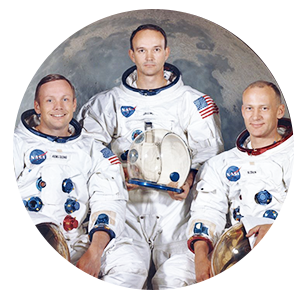
EDWIN "BUZZ" ALDRIN, NEIL ARMSTRONG
AND MICHAEL COLLINS
The heroes of the first landing on the moon 50 years ago also had long careers in the military before their mission and demonstrated a deep commitment to public service afterward. After leaving NASA, Aldrin led the Air Force’s test pilot school. Armstrong served on NASA commissions investigating the Apollo 13 mission and the space shuttle Challenger tragedy. Collins served as an assistant secretary of State and as director of the National Air and Space Museum.
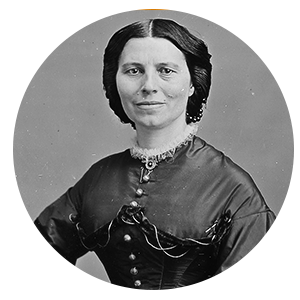
Barton was the first woman to work in a substantial clerkship in the federal government at the same salary as men when she took a job at the U.S. Patent Office in 1855. Because of opposition to women serving in government, she was demoted to a copyist position. Barton served as a volunteer nurse during the Civil War, and became known as the “Angel of the Battlefield.” After the war, she ran the federal Office of Missing Soldiers, and later went on to lead the American Red Cross.
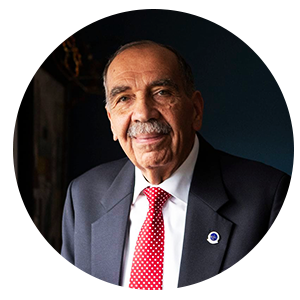
His 54 years of distinguished federal service included 29 years in the U.S. Secret Service
followed by 22 years as the inspector general of the Nuclear Regulatory Commission. Bell broke barriers by being selected to protect then-Vice President Bush as the first black Secret Service agent to head a vice presidential protective detail. In 1996 he was nominated by President Clinton to be the IG of the NRC. He retired in 2018. Bell was a
trailblazer in federal law enforcement and spearheaded the advancement of minorities and women.
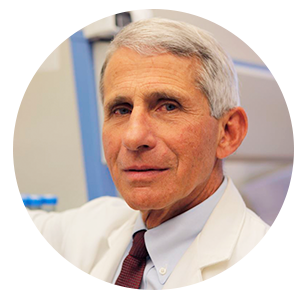
Fauci is an immunologist who helped pioneer treatment and vaccine for AIDS. Since
1984, he has headed the National Institute of Allergy and Infectious Diseases, where he
administers key research into sexually transmitted infections, influenza, tuberculosis, malaria and illnesses from potential agents of bioterrorism. He has advised five presidents on global HIV/AIDS issues.
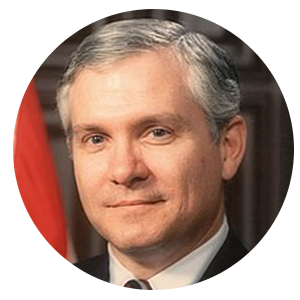
Gates served as secretary of Defense from December 2006 to July 2011, under Presidents Bush and Obama. He joined the CIA in 1966 and spent nearly 27 years as an intelligence professional, including nearly nine years at the National Security Council. He was director of Central Intelligence from 1991 until 1993, and is the only career officer in CIA's history to rise from entry-level employee to director.
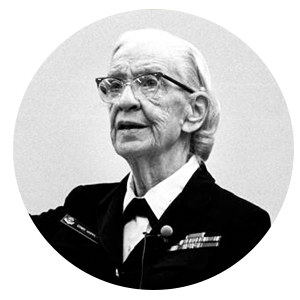
Commissioned as a Navy officer during World War II, Hopper led a team that produced the Mark I, an early prototype of the electronic computer. Hopper later co-developed the COBOL programming language. She went on to serve as director of the Navy’s Programming Languages Group. She was promoted to captain in 1973, to commodore in
1983, and to rear admiral in 1985.
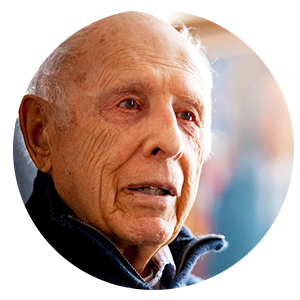
Known as "Mr. Implementation," Ink held positions in every presidential administration from Eisenhower to Reagan. He helped establish the Environmental Protection Agency and the Housing and Urban Development Department, and was instrumental in launching the war on poverty in the 1960s. Ink served as acting director of the General
Services Administration under President Ford and helped implement civil service reform during the Carter administration.
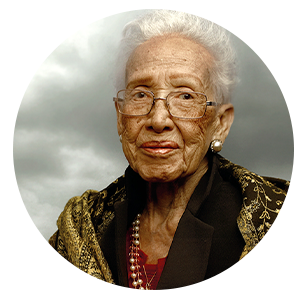
Johnson started her federal career of more than 30 years at the all-black West Area Computing section at the National Advisory Committee for Aeronautics’ Langley laboratory. When NACA became NASA in 1958, she joined the agency, providing computational support for the emerging space program. Her work on John Glenn’s flight as the first American to orbit the earth was featured in the 2016 feature film Hidden Figures. Glenn refused to fly until Johnson had verified a computer’s work. She later worked on calculations to sync spacecraft in the Apollo program.
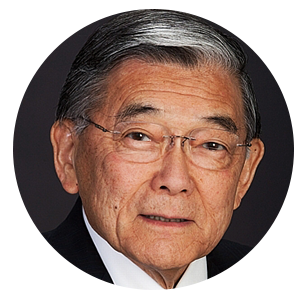
After spending part of his childhood in a Japanese internment camp, Mineta was eventually elected to the U.S. House, where he served from 1974 to 1995. He later served as secretary of Commerce in the Clinton administration and as Transportation Secretary under President George H.W. Bush, where he was the longest-serving secretary in the department’s history.
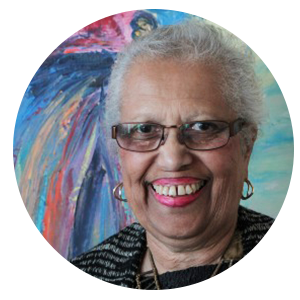
Having begun her federal career as a secretary at the Interior Department in 1962, Newman worked her way up to earn seven presidential appointments. She was appointed by President Nixon as director of VISTA and later as a commissioner of the Consumer Product Safety Commission. She was later an assistant secretary of Housing and Urban Development and director of the Office of Personnel Management under President George H. W. Bush. She became assistant secretary of State for African affairs in 2004.
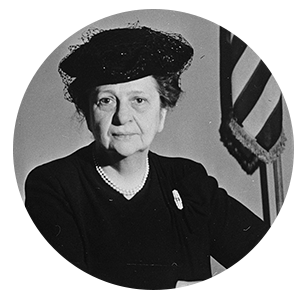
The first woman appointed to a Cabinet position, Perkins served as Labor Secretary from 1933 to 1945, the longest tenure of anyone in the position. She oversaw theimplementation of key aspects of the New Deal, including the Civilian Conservation
Corps and the Works Progress Administration. She also executed several landmark pieces of legislation, including the Social Security Act and the Fair Labor Standards Act. Following her Cabinet career, Perkins served on the Civil Service Commission.
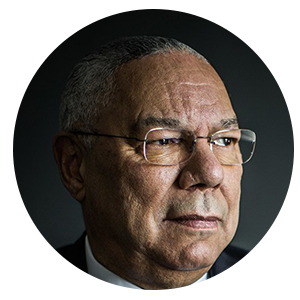
During his 35 years in the Army, Powell served two tours in Vietnam and was President Reagan's deputy national security adviser in 1987, and national security adviser in 1988-89. In 1989 he was promoted to the rank of general, and was appointed by President George H.W. Bush to be chairman of the Joint Chiefs of Staff. In the four
years Powell served in that capacity, he oversaw 28 crises, including Operation Desert Storm in 1991. He later served as secretary of State under President George W. Bush from 2001 to 2005.
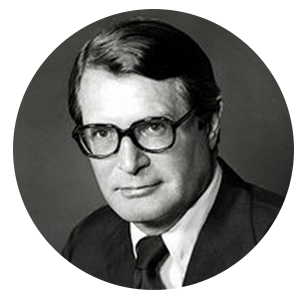
Richardson Served as head of four different Cabinet departments and passed one of the
greatest ethics tests in the history of government when he resigned as attorney general rather than fire Watergate prosecutor Archibald Cox. He was awarded the Bronze Star for his service as a combat medic during World War II, then clerked for two Supreme Court justices. After his resignation during Watergate, Richardson served in the Ford
administration as secretary of Commerce. He was awarded the Presidential Medal of Freedom in 1998.
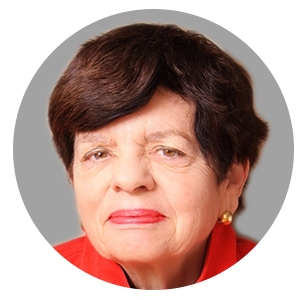
A fiscal and monetary policy expert, Rivlin was founding director of the Congressional Budget Office. She also served as director of the Office of Management and Budget under President Clinton and later vice chairwoman of the Federal Reserve. During the District of Columbia's financial crisis in late 1990s, she chaired the Financial Responsibility and Management Assistance Authority.
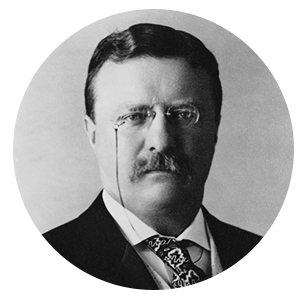
In the years before he became president, Roosevelt spearheaded the introduction of the
merit system in the civil service. He was appointed a member of the Civil Service Commission in 1889 by President Benjamin Harrison and later became its commissioner. He was named an assistant Navy secretary before his famous exploits as a Rough Rider in Cuba during the Spanish-American War. In 1900, Roosevelt won election as vice president to President McKinley, whom he succeeded following
McKinley's assassination in 1901.
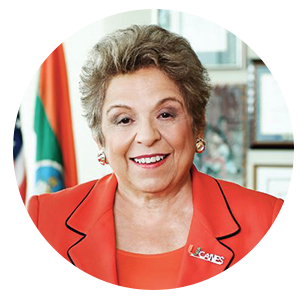
After a lengthy career in academia, Shalala served as secretary of Health and Human Services for the full eight years of the Clinton administration. At the end of her tenure, the Washington Post described her as “one of the most successful government managers of modern times.” In 2007, President George W. Bush appointed Shalala co-chair of the
President's Commission on Care for America's Returning Wounded Warriors. In 2008, she was awarded the Presidential Medal of Freedom. Shalala was elected to the House of Representatives from Florida in 2018.
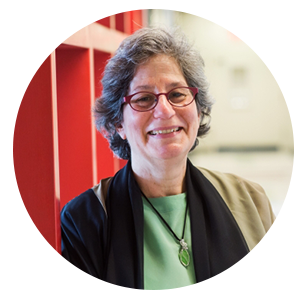
In nearly three decades as a scientist at the National Oceanic and Atmospheric Administration, Solomon led research efforts on the causes of the Antarctic ozone hole, identified the chemicals contributing to the problem, and made significant advances in the understanding of climate change. She is a 2010 winner of the Career Achievement
Medal in the Service to America Medals program.
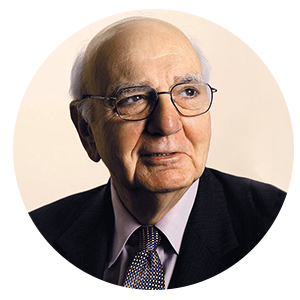
Volcker served in the federal government for almost 30 years, including two terms as chairman of the Board of Governors of the Federal Reserve System from 1979 to 1987. Afterward, he dedicated himself to improving and modernizing the civil service, serving as chairman of the National Commission on the Public Service and later creating the Volcker Alliance, whose mission is to advance effective management of government to achieve results.
